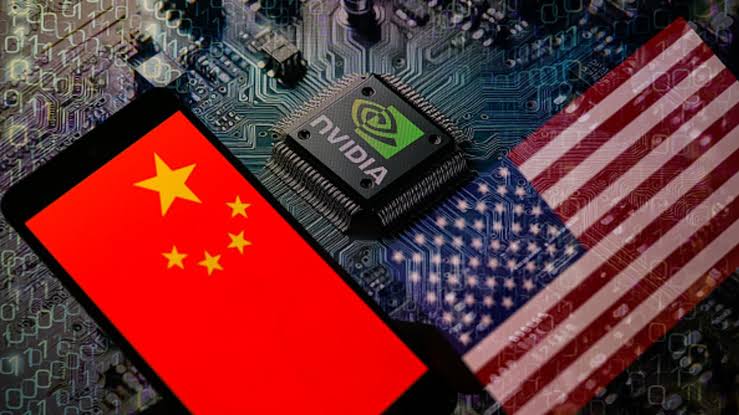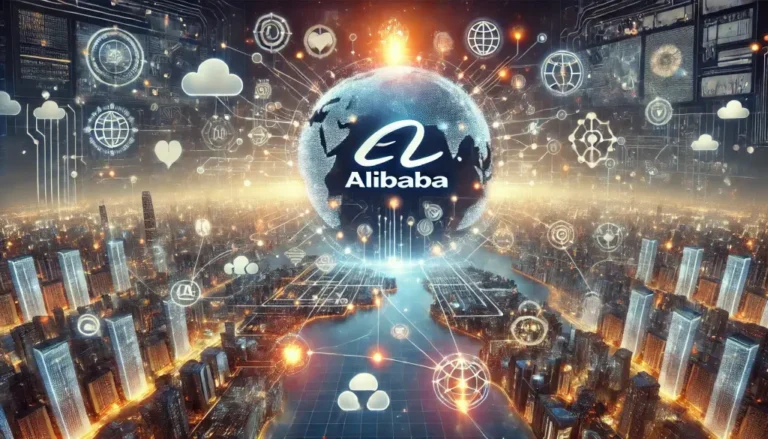China Raises Security Concerns Over Nvidia’s H20 AI Chips Amid Production Halt

In recent months, Nvidia—a leading American semiconductor company—has faced escalating scrutiny from Chinese regulators concerning the security of its H20 artificial intelligence chips, specifically designed for the Chinese market. These tensions have culminated in a dramatic pause in production and sales, highlighting broader geopolitical and national security concerns in the increasingly competitive global AI chip industry.
China’s Cyberspace Administration and other regulatory bodies summoned Nvidia representatives in July 2025 to seek clarity regarding potential “backdoor” vulnerabilities embedded within the H20 chips. Such backdoors could theoretically allow unauthorized remote access or control, bypassing normal security protocols. Chinese state media and several official social media accounts linked to government broadcasters amplified these fears, accusing the H20 chips of lacking sufficient technological sophistication and potentially enabling functions such as remote shutdowns. These allegations came shortly after the U.S. government had partially lifted an export ban on Nvidia’s H20 chips, which had been originally imposed in April 2024 amid trade tensions.
Ad Content
The Chinese government reportedly urged major local tech firms including Tencent, ByteDance, Alibaba, and Baidu to halt purchases of H20 chips over these security apprehensions. Most notably, Beijing has discouraged these companies from using Nvidia’s semiconductors in sensitive government or national infrastructure applications, positioning domestic chipmakers as alternatives. This stance reflects China’s strategic push to increase self-reliance in critical technologies amid ongoing U.S. restrictions on advanced semiconductor exports.
As a result of this regulatory crackdown, Nvidia has instructed some of its key suppliers—including Samsung Electronics, Amkor Technology, and Foxconn—to suspend production related to the H20 chips. This stops manufacturing activities for the chips tailored exclusively to meet China’s complicated market and export allowance constraints. These pauses have caused significant uncertainty about the chip’s future availability and demand in China, which represented approximately $17 billion in Nvidia’s revenue in the last fiscal year.
Nvidia CEO Jensen Huang has consistently denied the existence of any security backdoors or kill switches in their products—stressing that the H20 chip is not intended for military or government use in China. Huang further emphasized ongoing discussions with Chinese regulators, expressing hope for a resolution that would allow Nvidia to continue participating in the Chinese AI market. Despite these reassurances, the Chinese government’s suspicions and regulatory stance remain firm.
This conflict exemplifies the wider tech rivalry between the United States and China, where AI chip technology has become a vital strategic asset. While Nvidia attempts to navigate export controls and diplomatic complexities, China aggressively promotes indigenous chip development initiatives, with companies like Huawei and Cambricon Technologies emerging as key players.
In conclusion, Nvidia’s challenges in China underscore mounting geopolitical tensions impacting global semiconductor supply chains. The security concerns raised by Beijing—whether grounded or speculative—have already forced Nvidia to halt production of their China-specific H20 AI chips, posing risks to the company’s revenues and complicating U.S.-China tech relations. This evolving situation highlights the intersection of technology, national security, and international trade in the fast-moving field of AI hardware development.
Enjoyed this post?
Subscribe to Evervolve weekly for curated startup signals.
Join Now →







